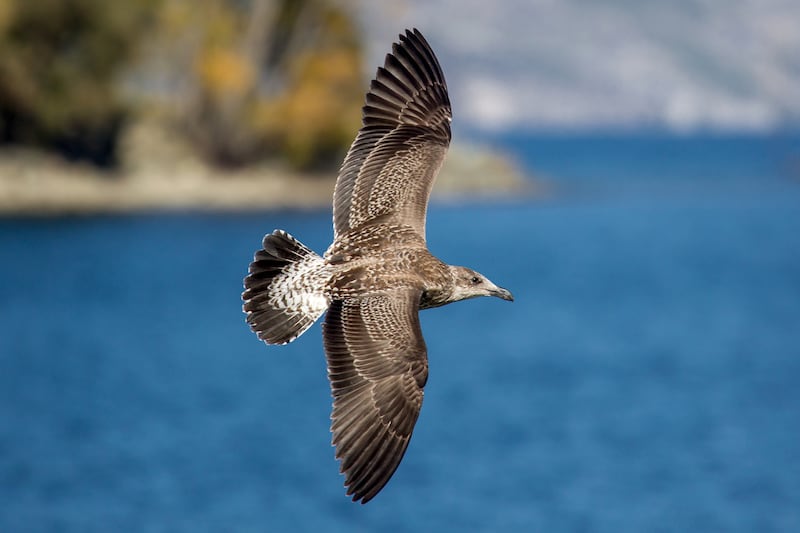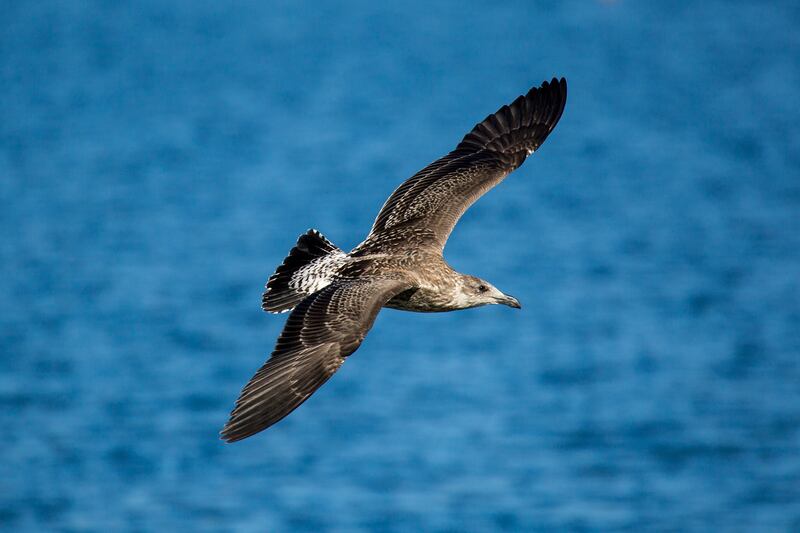Sea birds’ sense of smell is a key factor in how they navigate the oceans, scientists at Oxford University have found.
They believe an experiment on shearwaters in the Mediterranean answers the complex question which zoologists have debated for decades, with arguments over whether they relied on the Earth’s magnetic field or their olfaction when flying long distances over featureless water.
Researchers tracked 32 free-ranging Scopoli’s shearwaters off the coast of Menorca, which were split into three groups.

One set had its sense of smell removed temporarily, another carried small magnets and a control group was left alone.
Miniature GPS loggers were attached to the birds as they nested and incubated eggs in crevices and caves on the rocky Menorcan coast. They were then tracked as they foraged at sea.
All of them flew out to forage, gained weight and incubated eggs, but the birds with the affected sense of smell made poorly-orientated flights home when they were out of sight of land.

Researchers found their orientation then improved when approaching the coast, suggesting that birds must consult an “olfactory map” when out of sight of land but are able to find home using familiar landscape features.
The research, by the universities of Oxford, Barcelona and Pisa, is published in the journal Scientific Reports.








